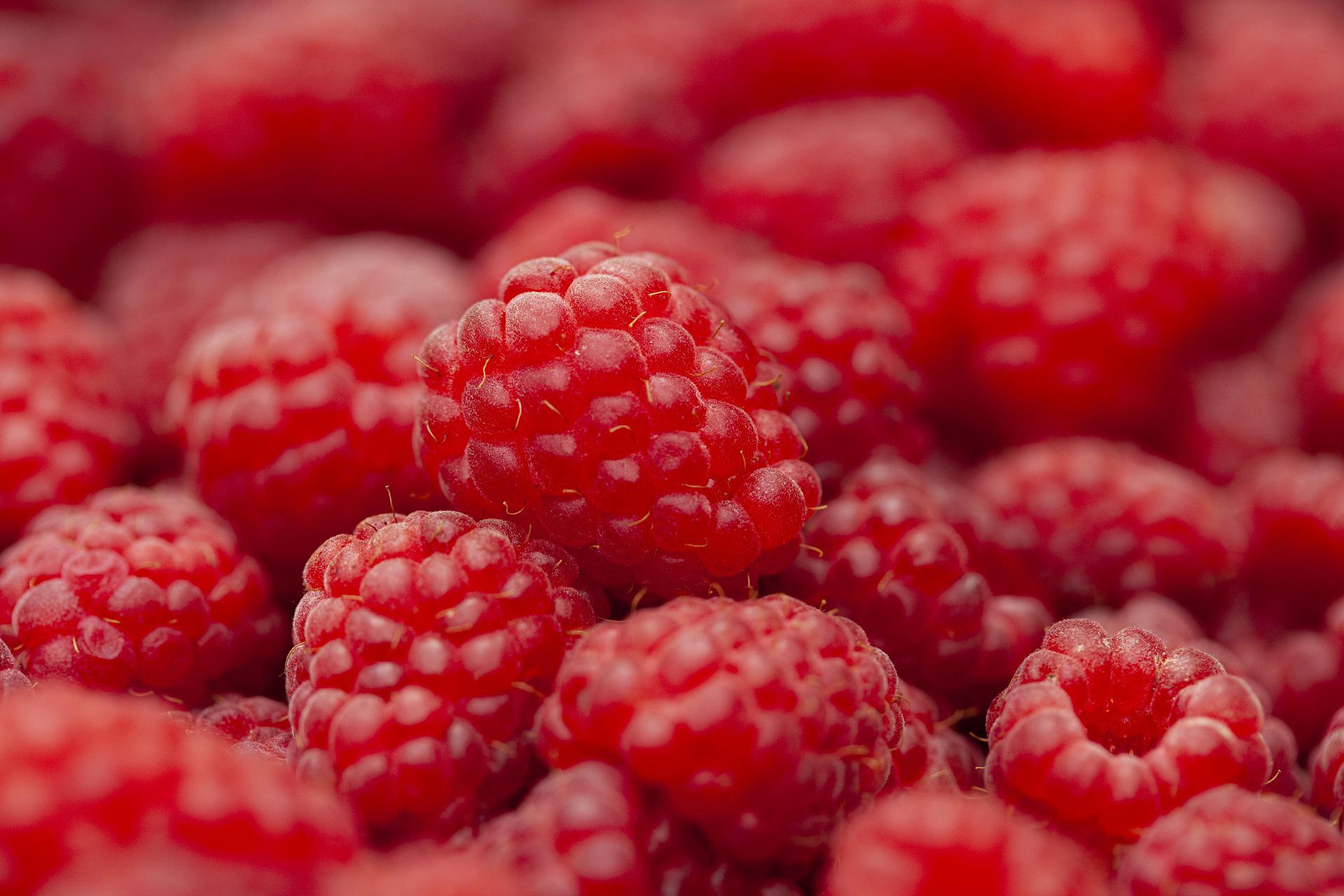

Raspberry, the magical fruit
Colorful, appetizing, and scented, these fruits should more often be found on our shopping list.
When you’re a fruit lover, there are high chances that some fruits are neglected in favor of others, as our decisions are often influenced not only by preferences, but also by the season, place of origin, prices, appearance, and quality.
We often buy apples, bananas, citrus, and only sometimes fresh wild berries – such as raspberries, despite their impressive nutritional profile.
Raspberries are considered the healthiest dessert or snack option. Whether fresh or frozen, they have significant health and beauty benefits, concomitantly satisfying even the most pretentious tastebuds.
Raspberries have an abundance of nutrients, and you don’t even have to consume a large quantity of these fruits to benefit from said nutrients; a small bowl of raspberries ensures well over 50% of the daily recommended intake of vitamin C – of which we all know that it boosts immunity and health (as well as the young aspect of our skin), and collagen production.
Raspberries contain numerous phytochemicals: phenolic flavonoids – such as anthocyanins, ellagic acid (tannin), quercetin, gallic acid, cyanidin, pelargonidin, catechins, and salicylic acid – as well as other polyphenol antioxidants, such as lutein, zeaxanthin, and beta-carotene.
Impressive amounts of antioxidants can be found in raspberries, that can protect us from heart diseases, cancer, diabetes, and obesity. Studies have shown that some phytonutrients in raspberries – specifically, ellagitannins – can help neutralize cancerous cells through apoptosis signaling or programmed cell death.
Moreover, raspberries contain not only manganese (co-factor in enzyme production), B vitamins complex (B6, niacin or B3, riboflavin or B2, and folic acid, which helps our body with carbohydrates, proteins, and fats metabolism), vitamin K, but also enough vitamin E, magnesium, copper (which boosts cell production), and potassium (essential for keeping heart rhythm and blood pressure under control).
The antioxidants in raspberries also help reduce inflammation – a process that triggers multiple diseases – as well as premature aging. Additionally, certain compounds in raspberries have proven effects regarding DNA repair and blocking enzymes that trigger arthritis pain.
We don’t have to worry about our figure, either. In general, fruits can contribute to weight gain, but raspberries have turned out to have a low sugar count – 5 grams of sugar per cup (whereas a medium apple contains almost 20 grams) – 52 kcal/100g and only 7 grams of carbohydrates per cup.
An extremely popular sugar substitute in the past few years – Xylitol – is extracted from raspberries. The main benefit of this sweetener is the fact that it is more slowly absorbed in blood, and it helps maintain a low glycemic index.
Just as important for our health (and figure) is the fiber intake – it supports the development of the bacterial flora, beneficial in intestines, and raspberries can ensure one third of the necessary daily intake.
And if their divine taste weren’t enough to enjoy raspberries more often, important benefits of raspberry consumption include the prevention of some diseases, such as Alzheimer’s and Parkinson’s. The delicate fruit can contribute to combating oxidative stress, one of the factors that causes these illnesses.
Moreover, it has been proven that flavonoids found in wild berries help improve one’s coordination, memory, and mood.
A sweet raspberry snack easy to make you can find here.





No Comments